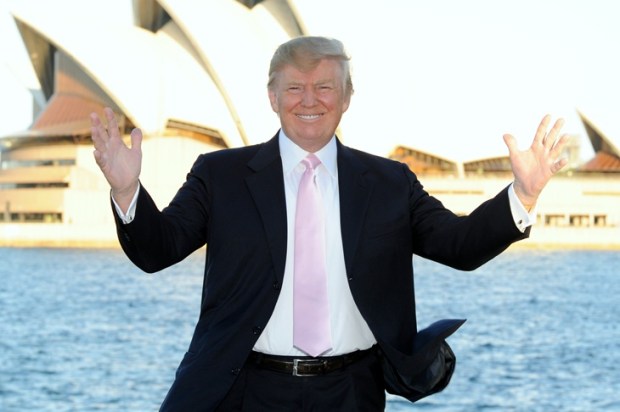For too long, the digital public square has suppressed voices that challenge the orthodoxy. The evidence is undeniable. Meta, Twitter (pre-Elon Musk), Google, and other media giants engaged in a purge of dissenting voices under the guise of combating ‘misinformation’. They removed prominent figures from their platforms, restricted the reach of users critical of dominant narratives, and stifled reporting on key controversies like the Hunter Biden laptop case.
But something is shifting.
In 2022, Elon Musk made headlines when he invested $44 billion to purchase Twitter, now rebranded as X. Musk didn’t just buy a social media platform; he bought back free speech. His acquisition marked the first major blow against Big Tech’s stranglehold over public discourse. Musk promised – and delivered – a platform that re-embraced the free exchange of ideas.
Musk had to take a kitchen sink to the Twitter algorithm to achieve this. Today, Meta has appointed Dana White to the Board of Directors and terminated its partnership with fact-checkers, effectively letting what they once deemed barbarians through the gates and one into the top floor.
To be clear, platforms should appropriately address any illegal content. However, widely supported political rhetoric has previously been silenced under the excuse that it was harmful.
Meta’s new Board Member, White, the president of the UFC, is an unapologetic advocate for free markets and personal responsibility. He is also a close friend and ally of President ‘re’-Elect Donald J. Trump.
The presence of both White and Community Notes signals something bigger than one corporate decision – it hints at the end of ideological uniformity in Silicon Valley and a broader reckoning with the failures of censoring those who don’t adhere to Diversity, Equity, and Inclusion (DEI) initiatives and Environmental, Social, and Governance (ESG).
This is not just a personnel and policy change; it’s a cultural and strategic transformation.
The developments suggest that Big Tech has read the room. Companies are not blind to the evolving political and economic landscape. With Trump’s second term looming, there’s a palpable undercurrent of public sentiment rejecting the dictates of cultural elites who tell us what is right and the hollow promises of stakeholder capitalism that only make us poorer.
People are tired of moral litmus tests that determine whether their voice gets heard and the hyper-polarisation it fosters. Meta’s move acknowledges this reality and may represent an attempt to win the trust – and wallets – of a broader user base.
But let’s be clear – the battle is far from over.
A couple of moves on the chessboard to win government favour do not erase years of ideological gatekeeping, nor does it guarantee Big Tech’s full embrace of free expression. What it does do, however, is create an opening – just enough for us to see a path returning to good faith public debate.
Beyond the political impact, there is also a strong economic shift that will create ripple effects across industries. As markets respond to changing cultural values, businesses are starting to recognise the shortcomings of prioritising DEI and ESG metrics over performance. The focus is now swinging back towards innovation, profitability, and measurable success.
For instance, large corporations like McDonald’s, Walmart, Ford, John Deere, and Harley-Davidson have all recently pulled back on their DEI efforts.
If this trend continues, more businesses will move away from performative gestures and instead focus on creating products and profits that deliver tangible improvements to everyday life. This doesn’t mean abandoning social responsibility but rather realigning priorities to better meet the broad public’s expectations.
We are on the brink of a new era – the ‘second coming’ of the Roaring Twenties. This period promises not only economic growth but also a revival of shared values, daring entrepreneurship, and a bold rejection of ideological conformity in favour of fearless innovation, unapologetic ambition, and the time-tested principles of meritocracy.
Meta’s appointment of Dana White, alongside its decision to replace Fact-Checkers with Community Notes, signals more than just a corporate pivot – it has far-reaching implications. It’s a tacit acknowledgment that the public – right and left – is fed up with ideological censorship, which mandates – without anyone’s permission – what is right and wrong.
A unifying gesture in our divided era would be Biden pardoning Trump – sending a message to the world that it’s time to put down our pitchforks and come together.
Let’s hope Sleepy Joe can wake up for one last dance.
Jules Pedersen is the Executive Chairman of Newport Capital Group, Australia’s longest-established licensed M&A investment banking firm focused on Technology, Media, Entertainment and Telecommunications, with a footprint in Australia, Europe, and the United States.
Follow on X: @JulesVBPedersen

























